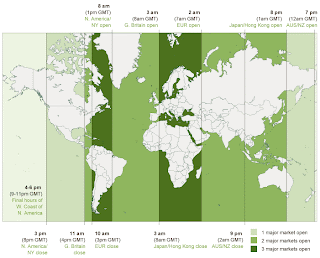A coin was, in concept, simply a piece of precious metal (usually gold or
silver) the weight and fineness of which was guaranteed by the ruler whose
name, portrait or symbol was stamped on the coin. The ruler might have been
be a king or queen as in England or Scotland, a duke or count of one of the
many small independent states which made up Germany or Italy, an
ecclesiastical authority, bishop or abbot, or an Italian city state. In France both
the king himself and his feudal underlings had coinage rights.











